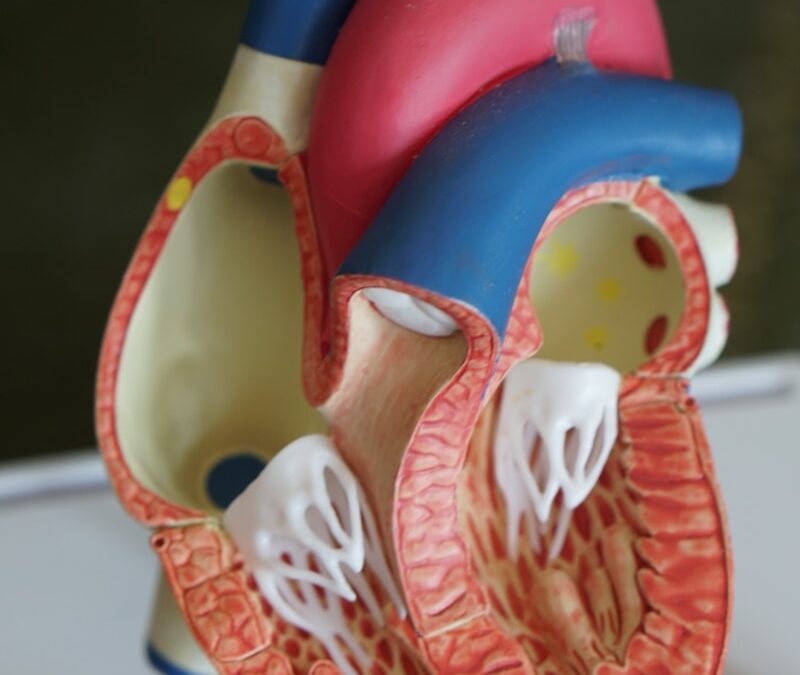Synthetic Biology: Transforming Environmental and Health Monitoring with Advanced Biosensors
Understanding Synthetic Biology and Its Impact on Environmental Monitoring
Synthetic biology has emerged as a groundbreaking field that combines biology, engineering, and computer science to design and construct new biological entities or systems. In the context of environmental monitoring, synthetic biology offers innovative solutions through the development of advanced biosensors. These biosensors, created using synthetic biology techniques, are capable of detecting environmental pollutants with high sensitivity and specificity. By leveraging the principles of synthetic biology, researchers can engineer microorganisms or cells to respond to specific pollutants, enabling real-time monitoring and prompt response to environmental hazards. This approach is particularly relevant in regions like Saudi Arabia and the UAE, where industrial activities and urbanization necessitate stringent environmental oversight.
The deployment of synthetic biology-based biosensors in environmental monitoring not only enhances the detection capabilities but also ensures a proactive approach to managing pollution. These biosensors can be integrated into various environments, including water bodies, soil, and air, to continuously monitor the presence of harmful substances. The ability to detect pollutants at low concentrations is crucial for preventing long-term environmental damage and protecting public health. Moreover, the data collected by these biosensors can be analyzed using advanced artificial intelligence (AI) and blockchain technologies, ensuring accurate and tamper-proof records of environmental conditions. This integration of synthetic biology with cutting-edge technologies underscores the importance of interdisciplinary collaboration in addressing complex environmental challenges.
For business executives, mid-level managers, and entrepreneurs in Saudi Arabia and the UAE, investing in synthetic biology and biosensor technology represents a strategic move towards sustainable business practices and corporate social responsibility. By adopting these advanced monitoring tools, companies can demonstrate their commitment to environmental stewardship and compliance with regulatory standards. This proactive approach not only mitigates environmental risks but also enhances the company’s reputation, fostering trust among stakeholders and customers. In summary, synthetic biology-based biosensors are transforming environmental monitoring, providing an effective and reliable solution for detecting and managing pollutants in various ecosystems.
The Role of Synthetic Biology in Health Monitoring and Disease Prevention
In addition to environmental applications, synthetic biology plays a crucial role in health monitoring and disease prevention. The development of biosensors for health monitoring involves engineering biological systems to detect biomarkers associated with specific diseases or health conditions. These biosensors can be integrated into wearable devices or implantable systems, providing continuous and real-time monitoring of an individual’s health status. This technology is particularly beneficial for managing chronic diseases, detecting early signs of illness, and personalizing medical treatments. In regions like Riyadh and Dubai, where healthcare innovation is a priority, synthetic biology-based biosensors offer a promising avenue for enhancing public health outcomes.
The integration of AI and blockchain with synthetic biology-based health monitoring systems ensures accurate data collection, analysis, and security. AI algorithms can analyze the data generated by biosensors to identify patterns and predict potential health issues, enabling timely medical interventions. Blockchain technology ensures the integrity and privacy of health data, addressing concerns related to data breaches and unauthorized access. For business leaders and entrepreneurs, investing in synthetic biology and biosensor technology for health monitoring can lead to significant advancements in healthcare delivery and patient outcomes. This innovative approach aligns with the broader goals of digital transformation and technological advancement in the healthcare sector.
Executive coaching services and effective communication strategies are essential for managing the adoption of synthetic biology-based health monitoring systems within organizations. Leaders must navigate the complexities of integrating new technologies while ensuring that employees are adequately trained and informed about the benefits and functionalities of these systems. Change management plays a pivotal role in this process, facilitating smooth transitions and minimizing resistance to new technologies. By embracing synthetic biology and its applications in health monitoring, businesses can achieve greater operational efficiency, improved employee well-being, and enhanced organizational resilience. Ultimately, the adoption of these advanced technologies positions companies at the forefront of innovation, driving business success and sustainable growth.
#SyntheticBiology #Biosensors #EnvironmentalMonitoring #HealthMonitoring #AI #Blockchain #SaudiArabia #UAE #Riyadh #Dubai #ChangeManagement #ExecutiveCoaching #BusinessSuccess #LeadershipSkills #ProjectManagement

